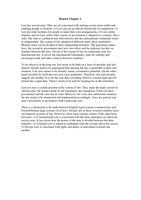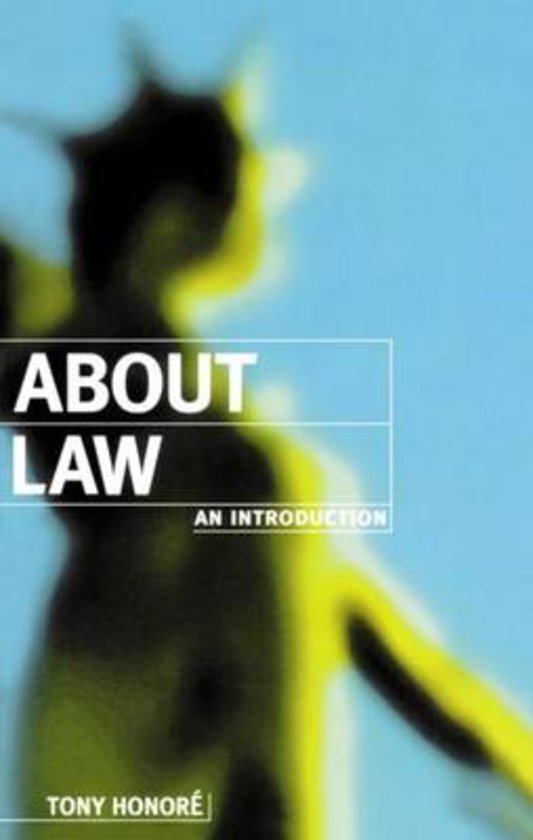Samenvatting
Summary of About Law: An Introduction - Honoré, T. - Business Law - University of Twente - International Business Administration - HOLI module
Summary of the book About Law: An Introduction, written by Honoré, T. Originally, the summary was written for the subject: Business Law of the Holi module, University of Twente.
[Meer zien]






